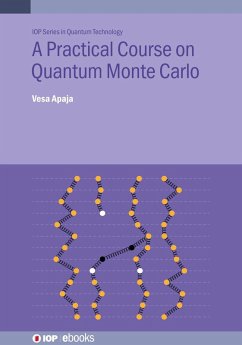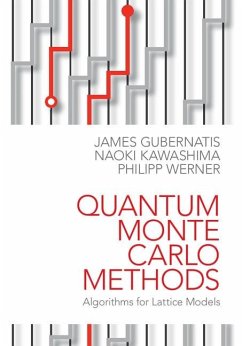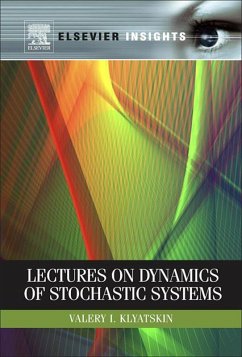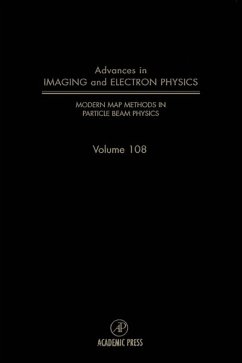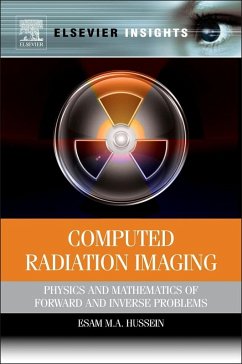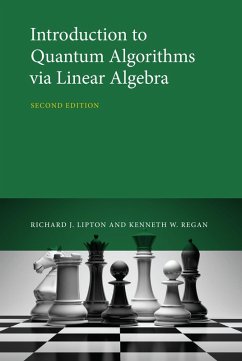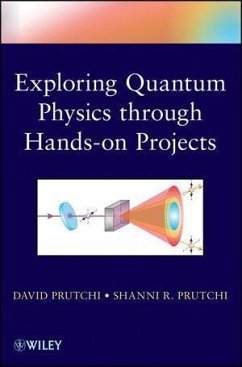
Exploring Monte Carlo Methods (eBook, ePUB)

PAYBACK Punkte
33 °P sammeln!
Exploring Monte Carlo Methods is a basic text that describes the numerical methods that have come to be known as "Monte Carlo." The book treats the subject generically through the first eight chapters and, thus, should be of use to anyone who wants to learn to use Monte Carlo. The next two chapters focus on applications in nuclear engineering, which are illustrative of uses in other fields. Five appendices are included, which provide useful information on probability distributions, general-purpose Monte Carlo codes for radiation transport, and other matters. The famous "Buffon's needle problem...
Exploring Monte Carlo Methods is a basic text that describes the numerical methods that have come to be known as "Monte Carlo." The book treats the subject generically through the first eight chapters and, thus, should be of use to anyone who wants to learn to use Monte Carlo. The next two chapters focus on applications in nuclear engineering, which are illustrative of uses in other fields. Five appendices are included, which provide useful information on probability distributions, general-purpose Monte Carlo codes for radiation transport, and other matters. The famous "Buffon's needle problem" provides a unifying theme as it is repeatedly used to illustrate many features of Monte Carlo methods. This book provides the basic detail necessary to learn how to apply Monte Carlo methods and thus should be useful as a text book for undergraduate or graduate courses in numerical methods. It is written so that interested readers with only an understanding of calculus and differential equations can learn Monte Carlo on their own. Coverage of topics such as variance reduction, pseudo-random number generation, Markov chain Monte Carlo, inverse Monte Carlo, and linear operator equations will make the book useful even to experienced Monte Carlo practitioners. - Provides a concise treatment of generic Monte Carlo methods - Proofs for each chapter - Appendixes include Certain mathematical functions; Bose Einstein functions, Fermi Dirac functions, Watson functions
Dieser Download kann aus rechtlichen Gründen nur mit Rechnungsadresse in A, B, BG, CY, CZ, D, DK, EW, E, FIN, F, GR, HR, H, IRL, I, LT, L, LR, M, NL, PL, P, R, S, SLO, SK ausgeliefert werden.





